Christmas Short Works Collection 2008
The multilingual Christmas Short Works Collection 2008, containing public domain short stories, essays, poems, hymns, and scripture passages recorded by a variety of LibriVox members.
| Language |
Multilingual |
|---|---|
| License Type |
Premium |
| Publication Type |
Audio Books |
| Publication Mode |
Online |
Kindly Register and Login to Tumakuru Digital Library. Only Registered Users can Access the Content of Tumakuru Digital Library.
SKU:
christmas_short_works_2008_0812
Category: Audio Books
Tags: Culture & Heritage Fiction, Literary Collections
Reviews (0)
Be the first to review “Christmas Short Works Collection 2008” Cancel reply
You must be logged in to post a review.


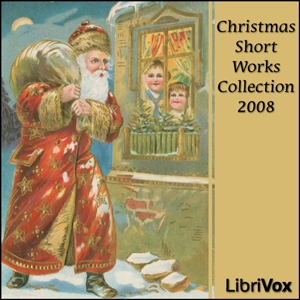



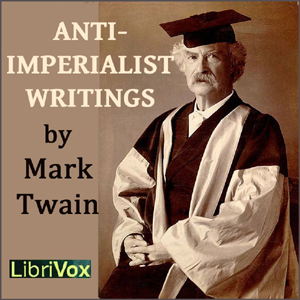
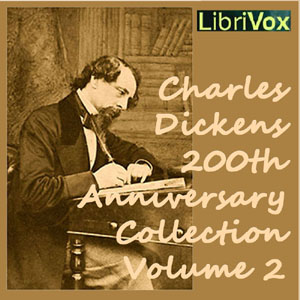
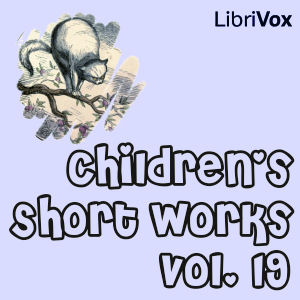



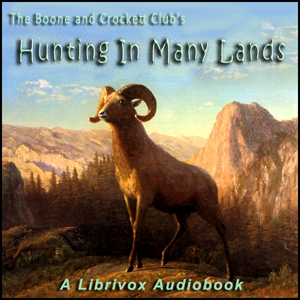
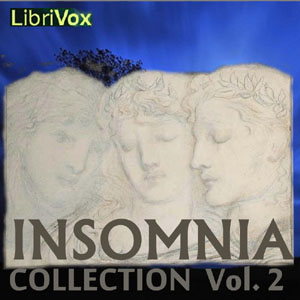



Reviews
There are no reviews yet.